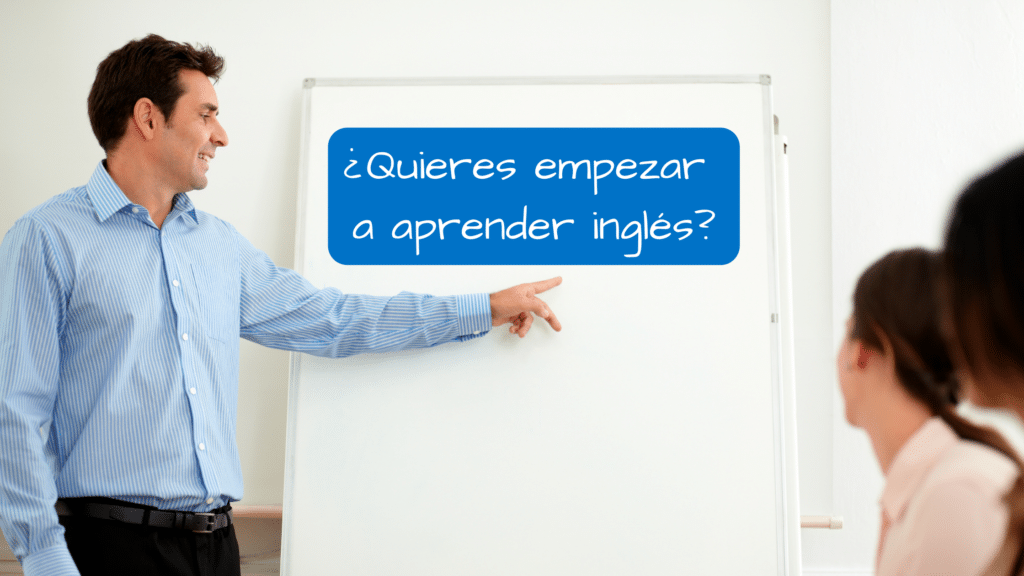
Frustration in the Learning Journey
A teacher of any subject will find out very quickly in his or her career that there is no right or wrong way of learning. Every individual learns at their own pace and in their own way and will absorb some content faster and more easily than other content. Learning is subjective. Another thing that any teacher will be able to tell you is, that no matter how much you prepare for a lesson, and no matter how many plan B’s, C’s, and D’s you have, any class can turn into a “bad class”: A class that didn’t go according to plan. Perhaps the flow was off. Maybe the class ran out of time or had had too much time left at the end, etc. Maybe it was a class in which, no matter how confident you are in your own understanding of the topic you are teaching, you did not have the answer to the question a student asked you, which can be extremely frustrating.

Very often, however, the lessons that do not go as planned, have the very best energy and flow, and may give the teacher the glorious “after lesson high”: The feeling that a class went so well, it makes you think: I am a good teacher. I am good at what I do. They are learning! That feeling may linger for the rest of the day, or even into the next.
Unfortunately, the “after lesson high” is a close relative to the “after lesson low”, the inner dialogue shortly after a lesson that didn’t go as planned. “Am I a good teacher? Do my students like my style of teaching? Are they learning something.” This kind of doubt-filled self-talk is often amplified when throwing it against a backdrop of research claiming the benefits of learning another language. It is supposedly a confidence-boosting, brain function stimulating, culture bonding experience that I, the instructor am meant to facilitate. But is it really?
 A teacher immediately notices if the flow of a class drops. Silence fills the room. A question just asked remains unanswered. The instructor repeats it. Silence. The enthusiasm meter is plummeting. It’s an atmospheric change that is instantly noticeable, and it can happen for a variety of reasons. This scenario demonstrates one aspect of the frustration in the learning journey.
A teacher immediately notices if the flow of a class drops. Silence fills the room. A question just asked remains unanswered. The instructor repeats it. Silence. The enthusiasm meter is plummeting. It’s an atmospheric change that is instantly noticeable, and it can happen for a variety of reasons. This scenario demonstrates one aspect of the frustration in the learning journey.
It is exactly this fluctuation of energy, the highs, and the lows, that make an instructor grow, not only as a teacher but as an artist. They become more attuned to the needs of each individual in the class, and the class as a whole. It won’t be long before any teacher will learn that every single class, every single constellation of students is so uniquely different, that even a topic that you’ve taught multiple times can trigger new conversations, discussions and new flows that ultimately change the course of a lesson. Teaching is by no means the only profession with unpredictable outcomes, but there is something about what happens in a classroom that is so truly profound, that the effects can ripple on long after the class has finished.
 Students, too, are subject to those fluctuations, and that same inner dialogue surely unfolds: Shouldn’t I know the answer to this question? Shouldn’t I be further ahead? Shouldn’t I be fluent by now? What must the other students think of me?” And even though things seemed to go so well, there it is: A bad class! A class whose taste will most likely linger until it is redeemed by the flavor of the next class, as long as it is, in fact, redeeming. What happens in the classroom, doesn’t stay in the classroom.
Students, too, are subject to those fluctuations, and that same inner dialogue surely unfolds: Shouldn’t I know the answer to this question? Shouldn’t I be further ahead? Shouldn’t I be fluent by now? What must the other students think of me?” And even though things seemed to go so well, there it is: A bad class! A class whose taste will most likely linger until it is redeemed by the flavor of the next class, as long as it is, in fact, redeeming. What happens in the classroom, doesn’t stay in the classroom.
 The learning blues that both the instructor and the student may experience can be traced back to the same culprit: the villain of negative self-talk. We all do it from time to time, but only a few people realize how many times we, ourselves, are responsible for many of the “lows” we experience on our learning path. If both the student and the instructor learn to accept that under no circumstance, and in no universe will every lesson be a winner, and that that is OK, we might feel inspired to, instead of looking towards the end of the journey, take a moment and look back at the very beginning! For a language learner, the end of the journey that lays ahead is fluency: the complete mastery of the language. Puns, jokes, cultural nuances, conversations, no problem! But as they travel down this path, often they are hit by the reality: I am not learning fast enough. I am not there yet. And actually, I am really, really far from there. Watching a German TV-Show on Netflix was meant to be a celebratory moment. But 5 minutes into watching we realize: The actors are talking way too fast. The vocabulary is unfamiliar. The grammar is too advanced. What was meant to be a moment of pride turns into a moment of discouragement, and so it begins: The self-talk: I am not fluent. I thought I would understand at least a little bit. Will I ever understand puns, jokes and cultural nuances? I am not where I want to be. I am not even where I should be.
The learning blues that both the instructor and the student may experience can be traced back to the same culprit: the villain of negative self-talk. We all do it from time to time, but only a few people realize how many times we, ourselves, are responsible for many of the “lows” we experience on our learning path. If both the student and the instructor learn to accept that under no circumstance, and in no universe will every lesson be a winner, and that that is OK, we might feel inspired to, instead of looking towards the end of the journey, take a moment and look back at the very beginning! For a language learner, the end of the journey that lays ahead is fluency: the complete mastery of the language. Puns, jokes, cultural nuances, conversations, no problem! But as they travel down this path, often they are hit by the reality: I am not learning fast enough. I am not there yet. And actually, I am really, really far from there. Watching a German TV-Show on Netflix was meant to be a celebratory moment. But 5 minutes into watching we realize: The actors are talking way too fast. The vocabulary is unfamiliar. The grammar is too advanced. What was meant to be a moment of pride turns into a moment of discouragement, and so it begins: The self-talk: I am not fluent. I thought I would understand at least a little bit. Will I ever understand puns, jokes and cultural nuances? I am not where I want to be. I am not even where I should be.
 Stop! Hold it right there and think for a moment: Where were we 6 months ago? 6 months ago, we struggled with the conjugation of verbs in the present. Today we are struggling with the conjugation of verbs in the preterit, but the present tense feels a lot easier, but this realization is overshadowed by the frustration of that darn preterit. Stop! Look back, and celebrate the present tense! What was difficult in the past, is slowly gaining traction. And in 6 months’ time, the preterit, too, will become much easier.
Stop! Hold it right there and think for a moment: Where were we 6 months ago? 6 months ago, we struggled with the conjugation of verbs in the present. Today we are struggling with the conjugation of verbs in the preterit, but the present tense feels a lot easier, but this realization is overshadowed by the frustration of that darn preterit. Stop! Look back, and celebrate the present tense! What was difficult in the past, is slowly gaining traction. And in 6 months’ time, the preterit, too, will become much easier.
 Instead of reminding ourselves of where we are in relationship to where we think we should be 2 or 3 years from now, or where we should be in the eyes of others, we should learn to look back every once in a while and be proud of where we are now compared to where we were. Yes, turn around! Look at your former self, and begin to realize that, even though you may not know yet why “Umfahren ist besser als umfahren”, you still have grown. You have become better, and you are not finished yet. You will continue to grow!
Instead of reminding ourselves of where we are in relationship to where we think we should be 2 or 3 years from now, or where we should be in the eyes of others, we should learn to look back every once in a while and be proud of where we are now compared to where we were. Yes, turn around! Look at your former self, and begin to realize that, even though you may not know yet why “Umfahren ist besser als umfahren”, you still have grown. You have become better, and you are not finished yet. You will continue to grow!
The next time that feeling of “I am not good” creeps in, change it to this variation: “I am better than I was when I started!” Your former self would be very impressed. And then, when you don’t expect it, maybe in the middle of class, or while reading a work email, or even while watching a show on Netflix: A piece of information that you thought you could not remember pops up. You understood the subject of that work email. You were able to make out a few words in that TV-Show. Or maybe you were able to order at the restaurant while on vacation. Those are truly wonderful moments, both for the student and the instructor, for they ultimately prove that what happens in the classroom, does not stay in the classroom.






Responses